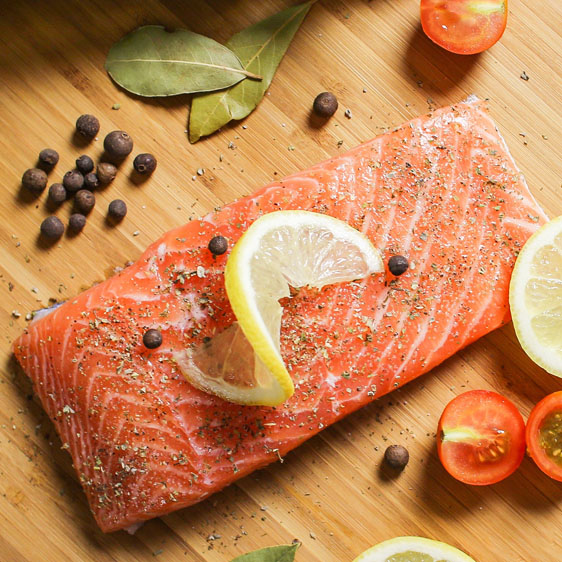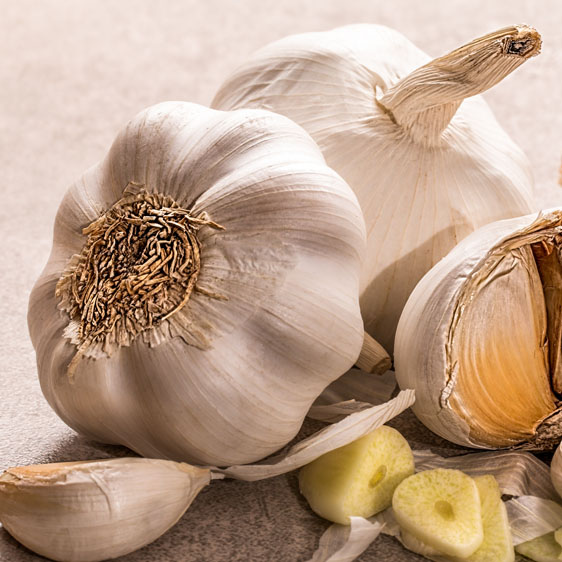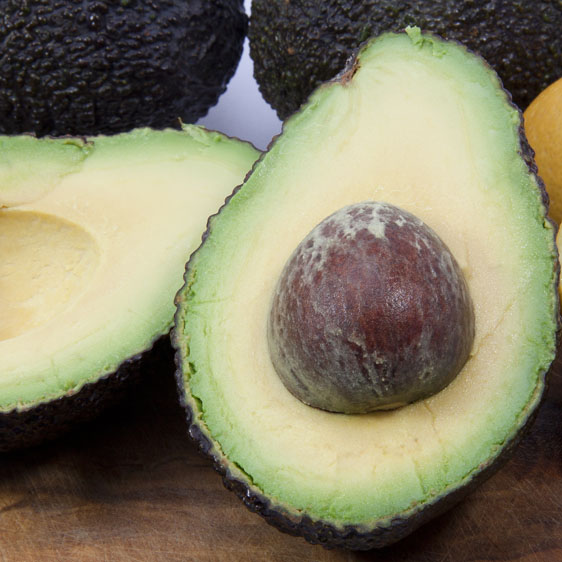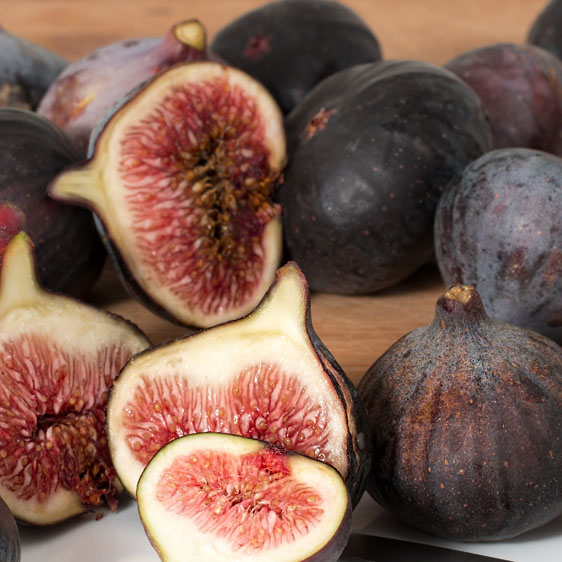
There are many ways to show your heart some love. LifeFit community health educator Roxanne Davis, RD, offers a few to get you started.
Physical Activity
Getting a total of at least 150 minutes of moderate-intensity physical activity a week–that’s 30 minutes a day five days a week–can improve the strength of your heart. Physical activity can include anything from going for a brisk walk to riding your bike to taking the stairs instead of the elevator. If time is a limitation, consider splitting the 30 minutes up into three 10-minute blocks.
Supplements
There is good evidence to support the use of some nutritional supplements for heart health.
 Fish oil is a rich source of the omega-3 fatty acids EPA and DHA. These are essential for normal growth and development; may help to lower blood pressure; and may improve good cholesterol (HDL). In the U.S., the average estimated daily intake of EPA is 50mg and of DHA is 80mg. Fish oil supplements usually provide 180-300mg EPA and 120-200mg DHA per capsule. And food of course is always an excellent way to get fish oil. Mackerel, salmon and tuna are all rich in EPA and DHA. For you vegetarians out there, fresh flax meal, flax oil, walnuts and chia seeds contain alpha-linolenic acid that converts to EPA and DHA in the body.
Fish oil is a rich source of the omega-3 fatty acids EPA and DHA. These are essential for normal growth and development; may help to lower blood pressure; and may improve good cholesterol (HDL). In the U.S., the average estimated daily intake of EPA is 50mg and of DHA is 80mg. Fish oil supplements usually provide 180-300mg EPA and 120-200mg DHA per capsule. And food of course is always an excellent way to get fish oil. Mackerel, salmon and tuna are all rich in EPA and DHA. For you vegetarians out there, fresh flax meal, flax oil, walnuts and chia seeds contain alpha-linolenic acid that converts to EPA and DHA in the body.
 Garlic has been shown to lower cholesterol, lower blood pressure and improve circulation. Garlic supplements come in many forms, with doses ranging from 400mg to 1200mg of dried powder. When buying a garlic supplement, be sure it has “allicin potential,” which may be important in garlic’s cholesterol-lowering effects. If you want to avoid supplements and get the benefits of whole garlic, the recommended daily intake is two cloves. ADVISORY! Avoid garlic supplement for at least one week before surgery, as it may increase bleeding.
Garlic has been shown to lower cholesterol, lower blood pressure and improve circulation. Garlic supplements come in many forms, with doses ranging from 400mg to 1200mg of dried powder. When buying a garlic supplement, be sure it has “allicin potential,” which may be important in garlic’s cholesterol-lowering effects. If you want to avoid supplements and get the benefits of whole garlic, the recommended daily intake is two cloves. ADVISORY! Avoid garlic supplement for at least one week before surgery, as it may increase bleeding.
 Magnesium has been called the “anti-stress” nutrient. Necessary for proper functioning of the heart, it relaxes arteries and may also help lower blood pressure. People with cardiovascular disease, high blood pressure or diabetes and those who use alcohol are at risk for low magnesium levels. The recommended daily allowance (RDA) for magnesium is 400mg for men and 320mg for women. Magnesium supplements are found several different forms, including magnesium citrate, magnesium aspartate, magnesium acetate and magnesium carbonate. Excellent food sources of magnesium are leafy greens, black beans, baked potatoes (including the skin), flaxseeds, avocados and dark chocolate. One 100g dark chocolate bar has 228mg of magnesium, almost a whole day’s recommended intake.
Magnesium has been called the “anti-stress” nutrient. Necessary for proper functioning of the heart, it relaxes arteries and may also help lower blood pressure. People with cardiovascular disease, high blood pressure or diabetes and those who use alcohol are at risk for low magnesium levels. The recommended daily allowance (RDA) for magnesium is 400mg for men and 320mg for women. Magnesium supplements are found several different forms, including magnesium citrate, magnesium aspartate, magnesium acetate and magnesium carbonate. Excellent food sources of magnesium are leafy greens, black beans, baked potatoes (including the skin), flaxseeds, avocados and dark chocolate. One 100g dark chocolate bar has 228mg of magnesium, almost a whole day’s recommended intake.
 Potassium helps to lower blood pressure and risk of stroke. Low potassium levels may be related to poor intake of potassium-rich foods, digestive losses, kidney losses and some diuretic therapies. Potassium supplements are regulated, and each tablet may not contain more than 99mg sodium. Adults’ RDA for potassium is 4,700mg; however, Americans typically average around 2,500mg per day. Even though a supplement may help increase potassium levels, so can many potassium rich foods such as figs, kidney beans, avocados, bananas, milk, salmon and potatoes.
Potassium helps to lower blood pressure and risk of stroke. Low potassium levels may be related to poor intake of potassium-rich foods, digestive losses, kidney losses and some diuretic therapies. Potassium supplements are regulated, and each tablet may not contain more than 99mg sodium. Adults’ RDA for potassium is 4,700mg; however, Americans typically average around 2,500mg per day. Even though a supplement may help increase potassium levels, so can many potassium rich foods such as figs, kidney beans, avocados, bananas, milk, salmon and potatoes.
Healthy Eating
The three diets with the most evidence to support prevention of and improvement in cardiovascular disease are the DASH diet, Mediterranean diet and vegetarian diet. All three recommend consuming the following each day: five servings of fruit and five of vegetables; no more than 6 ounces of whole grains; about 6 ounces of protein-rich foods with an emphasis on lean meats, fish, nuts, beans and seeds; about 2-3 cups of low-fat dairy products (or dairy alternatives such as soy); and limited added fat and sugar.
Ready to make lifestyle changes that will benefit your heart? You don’t have to go it alone. The dietitians and wellness coaches at the LifeFit Wellness Center can guide you along the way. Call 843-522-5635 for more information about working with a dietitian or coach.
